Our operations and those of our customers are dependent on natural resources, which is why it’s critical to continually improve how efficiently we are using them, for the benefit of future generations. We recently reviewed our sustainability priorities and principles to focus on achieving measurable change in four key areas by 2030.

Integrated Report
Integrated reporting is about creating value over time. It helps us to better engage with and understand our stakeholders, identify and respond to current and future challenges and results in improved decisions.
View our latest annual report on our financial and non-financial performance, our 2022 integrated report is available now.
Policy
To view the standards and expectations we place on ourselves and others, see our business code of conduct.
Ravensdown is committed to helping farmers reduce their environmental impact and just as determined to tackle its own.
Ravensdown Environmental Policy
Climate Action
Our Footprint
Ravensdown reported its first carbon footprint in 2017. We have set a reduction target of 50% of 2017/18 levels by 2030, following a science-based approach in line with 1.5 degrees of warming. The carbon footprint profile of our wider operations (scope 1, 2 and 3) is shown below. Total core (scope 1 and 2) emissions for 2023 were 16,836 tCO₂ᵉ. The carbon footprint profile of our wider operations is shown below.
The carbon footprint profile of our wider operations is shown below.
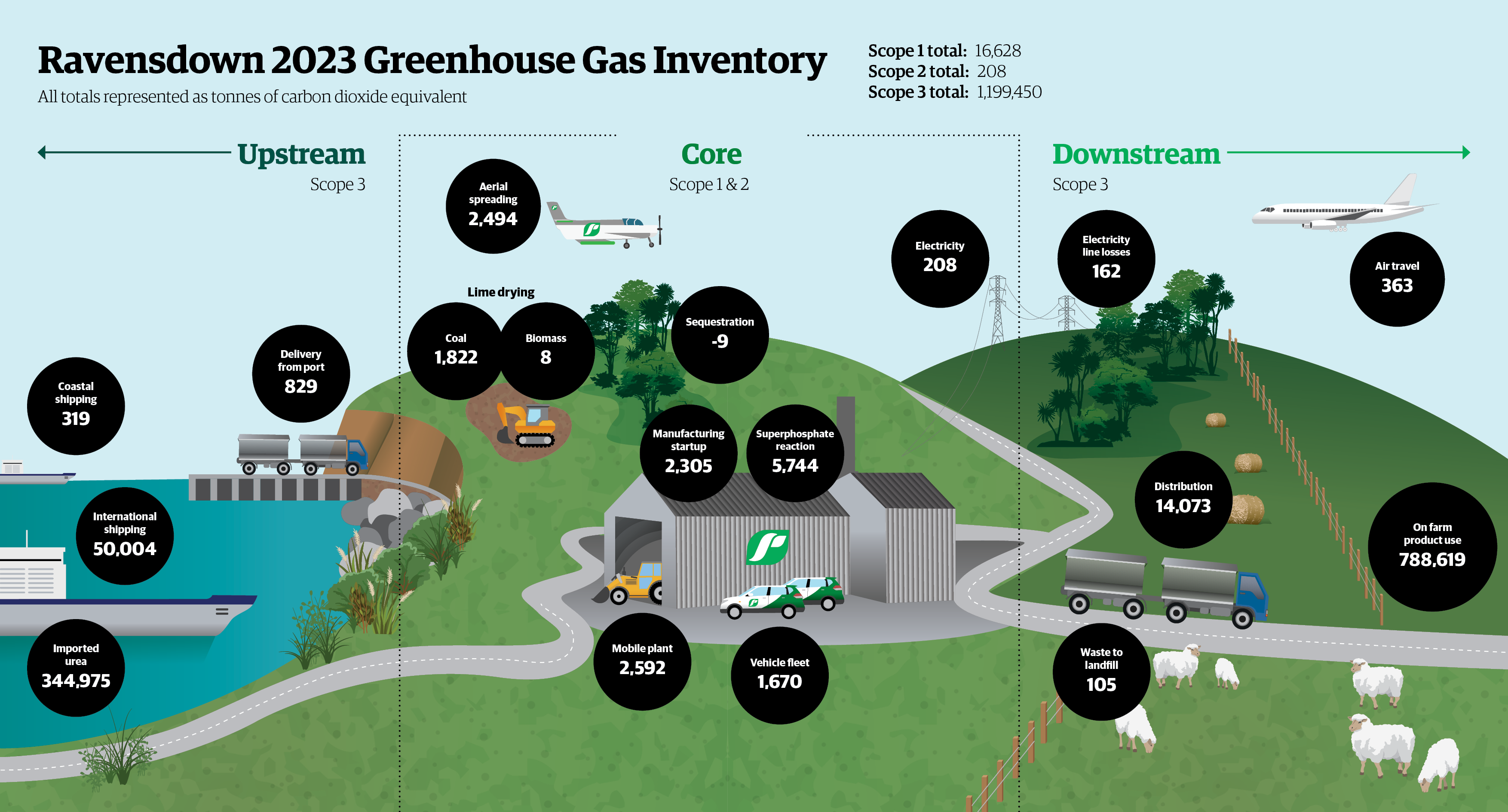

Our Commitments

Sustainable Business Council
We can achieve more by working with and learning from other New Zealand organisations that are leading in this area. This is why we have been an active member of the Sustainable Business Council since February 2018. Through SBC we have successfully advocated for increased R&D funding to be made available to tackle agricultural GHG emissions.
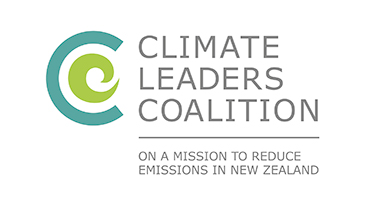
Climate Leaders Coalition
We take climate change mitigation seriously. As a original signatory of the Climate Leaders Coalition, Ravensdown reported our emissions for the first time in 2018 and we have set a science-based reduction target consistent with below two degrees of temperature change. We proactively support our staff and suppliers to reduce their omissions.

Aotearoa Circle
As a partner of the Aotearoa Circle, we commit to protecting New Zealand for future generations. Aotearoa Circle is a unique partnership bringing together leaders from the public and private sectors to investigate the state of our natural resources, and to commit to priority actions that will halt and reverse the decline. Through Aotearoa Circle we have a role on the technical expert group of a national agri sector adaptation roadmap.
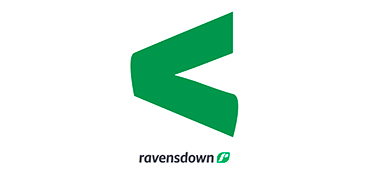
Gen Less
Generation Less is the Energy Efficiency and Conservation Authority (EECA) campaign to unite New Zealand individuals, organisations, and the government to live and work in more climate-friendly ways by using less energy. Ravensdown’s commitment to Gen Less means we are choosing to take meaningful, ongoing action to reduce greenhouse gas emissions from energy use and working with EECA to do so.
How we deliver on our commitments
Takaka Hill Biodiversity Group’s work is a great example of community collaboration between industry (Ravensdown’s Ngarua lime quarry), farmers and community to protect a valuable natural area.
In partnership with mana whenua, and alongside the wider community, we’ve committed to restoring a two-hectare wetland ecosystem in Waitangi Regional Park, the company’s environmentally significant southern neighbour.
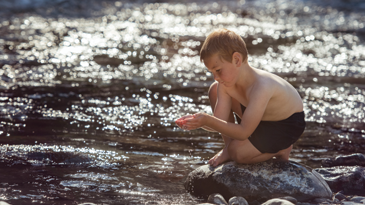
Shaping Policy
We engage frequently with local and national government bodies with an aim to assist with the design of practical and pragmatic legislative and regulatory processes. We believe this influence is important in shaping the future of New Zealand agriculture for the better.
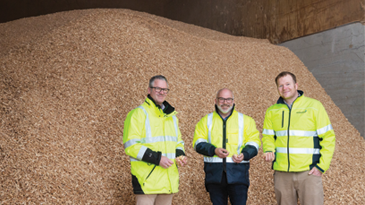
Decarbonising our processes
We take our carbon reduction commitments seriously and are on a trajectory to reduce fossil fuel reliance and absolute greenhouse gas emissions, while also considering long-term impacts on the cooperative. In particular, the investigation into alternative fuels for drying lime has been in-depth and is ongoing as part of the carbon reduction roadmap.
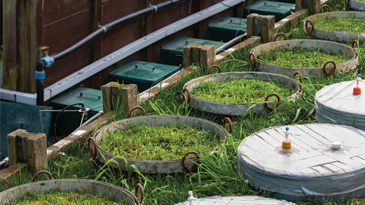
Minimising farm environmental impact
Ravensdown researches, develops and promotes products and technologies that have reduced greenhouse gas emissions and improved overall environmental outcomes to ensure that farmers have the tools they need to optimise value from the land while reducing environmental impacts.
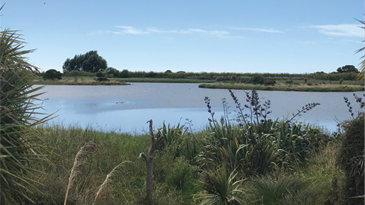
Enhancing natural habitat
Dipton Lime quarry’s forest project was the first of a series of native wetland and forestry projects on Ravensdown’s extensive estate, often located in ecologically significant areas. Such projects are designed to promote biodiversity, sequester carbon, enhance the landscape and have a positive impact on the local community.
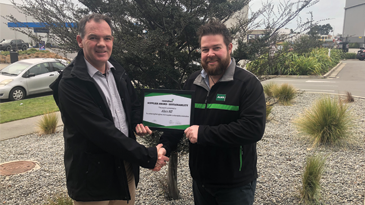
Working with our supply chain
We have a clear supplier Code of Conduct and share sustainability expectations with our suppliers regularly. Our annual supplier sustainability survey signals to suppliers the importance of sustainability, recognises good performance and stimulates new sustainability conversations.
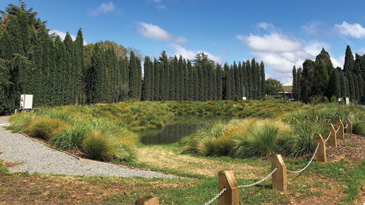
Focused Investment to Improve Stormwater Quality
Recognising the shared value of water resources, we are engaging more with stakeholders, gathering more and improved data on environmental quality indicators and investing in site infrastructure upgrades across the network.
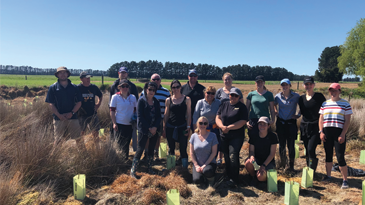
Giving back to the community
Ravensdown's sponsorship and volunteering programmes benefit many community groups and rural individuals. All staff are granted an additional day of leave per year to be spent contributing to a community project or cause that is meaningful to them.
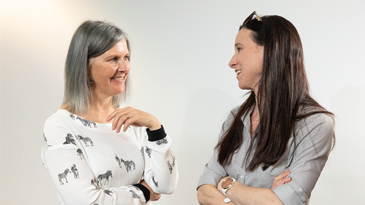
Building capability in the sector
We are proud to support a long development pathway to develop skills in the primary sector, from primary school through secondary and tertiary education to our annual graduate development programme and beyond to leadership programmes and industry awards recognising leading practice.
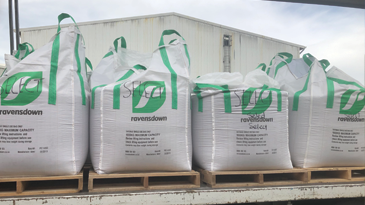
Packaging stewardship
We are working to reduce packaging and identify better end of life options for our waste streams. Ravensdown has been committed to a take-back scheme for bulk fertiliser bags for many years which ensures that all bulk fertiliser bags that are returned are recycled at our cost.
